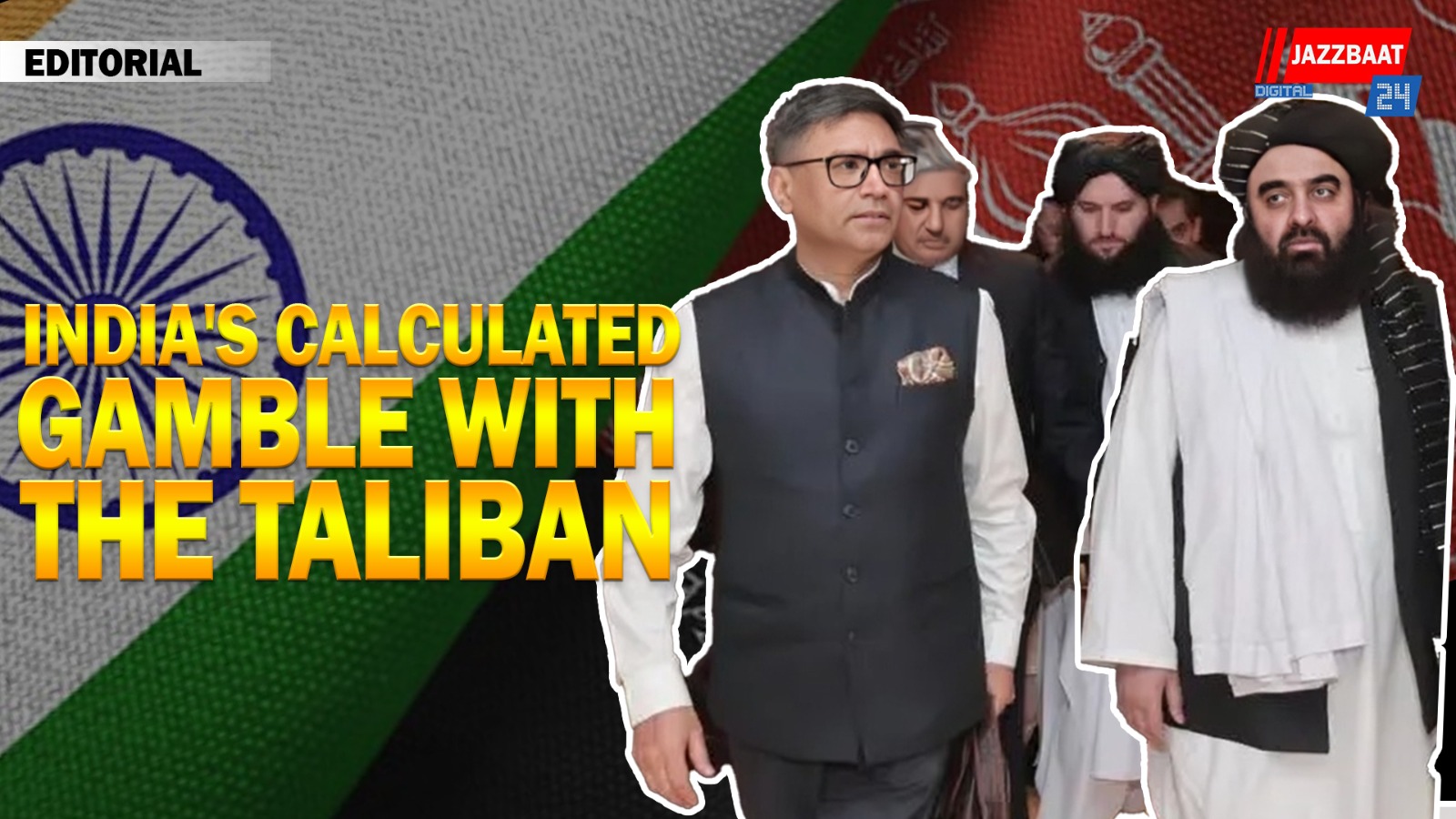
The upcoming visit of Afghan Foreign Minister Amir Khan Muttaqi to New Delhi marks a watershed moment in South Asian diplomacy. For the first time since the Taliban's return to power in August 2021, a high-level official from Kabul will set foot in India's capital. This isn't just a diplomatic courtesy it's a carefully orchestrated pivot that could fundamentally alter the region's power dynamics.
Let's be clear: engaging with the Taliban is fraught with contradictions. This is a regime that denies basic rights to women, suppresses dissent, and governs through an interpretation of Islamic law that most of the world finds abhorrent. No amount of diplomatic niceties can erase these realities. Yet, geopolitics rarely offers the luxury of dealing only with governments we approve of.
India's pragmatism here deserves scrutiny, but also understanding. Since January, Indian officials have been quietly building bridges through multiple rounds of dialogue in Dubai and other neutral venues. The turning point came in May when External Affairs Minister S. Jaishankar spoke directly with Muttaqi, breaking a four-year ministerial silence. What prompted this thaw? Shared concerns about Pakistan sponsored terrorism and, crucially, the Taliban's willingness to condemn attacks on Indian soil.
This is where realpolitik meets opportunity. Pakistan, long accustomed to treating Afghanistan as its strategic backyard, has overplayed its hand. Its decision to forcibly repatriate over 80,000 Afghan refugees earlier this year strained relations with Kabul precisely when India was ramping up humanitarian assistance. New Delhi has shipped nearly 50,000 tonnes of wheat, hundreds of tonnes of medicines, and emergency relief supplies following September's devastating earthquake. While Pakistan showed Afghans the door, India opened its warehouses.
Critics will argue and not without merit, that India is legitimizing a pariah regime. The Taliban remains unrecognised by most nations, and its officials are still subject to international travel bans that required UN Security Council exemptions for Muttaqi's visit. By rolling out the diplomatic red carpet, isn't India betraying its stated commitment to democracy and human rights?
Perhaps. But foreign policy isn't conducted in seminar rooms. India has 30 million reasons to engage with whoever controls Afghanistan—that's roughly the number of Afghans facing acute food insecurity. It also has compelling security reasons. An unstable Afghanistan becomes a breeding ground for terrorist groups that have historically targeted India. The Taliban, for all its faults, has shown willingness to crack down on anti-India militant groups, a pragmatic alignment of interests that New Delhi cannot afford to ignore.
Moreover, India's engagement doesn't exist in a vacuum. China has maintained ties with the Taliban throughout. Russia has engaged openly. If India steps back on moral grounds, it simply cedes influence to rivals while achieving nothing for Afghan women, minorities, or democracy. At least by staying engaged, India retains some leverage to raise uncomfortable questions and advocate for better governance, even if those appeals often fall on deaf ears.
The October 10 bilateral meeting will be watched closely across the region. Pakistan will see it as a diplomatic defeat. China will note India's growing assertiveness in Central Asian affairs. The West will likely maintain its studied ambiguity, neither endorsing nor condemning India's outreach.
What should we expect from this engagement? Realistically, not much in the short term. Afghanistan remains economically devastated, politically isolated, and socially regressive. But diplomacy is often about planting seeds for future harvests. By establishing channels of communication now, India positions itself for whatever comes next in Afghanistan—whether that's gradual Taliban moderation, internal power struggles, or eventual regime change.
The ethical discomfort is real and shouldn't be dismissed. India is essentially betting that strategic interests trump values-based diplomacy. But in a neighborhood as complex and volatile as South Asia, where existential security threats and great power competition intersect, such bets are sometimes necessary.
The test of India's approach won't be this single visit or even the bilateral talks that follow. It will be measured in years to come: Does engagement create space for humanitarian access? Does it reduce cross-border terrorism? Does it prevent Afghanistan from becoming a pawn in a larger China-Pakistan axis?
For now, we're witnessing pragmatic diplomacy in action uncomfortable, contradictory, but perhaps unavoidable. India isn't embracing the Taliban; it's acknowledging reality and trying to shape it. Whether this calculated gamble pays off remains to be seen, but in the treacherous terrain of regional geopolitics, standing still is rarely an option.